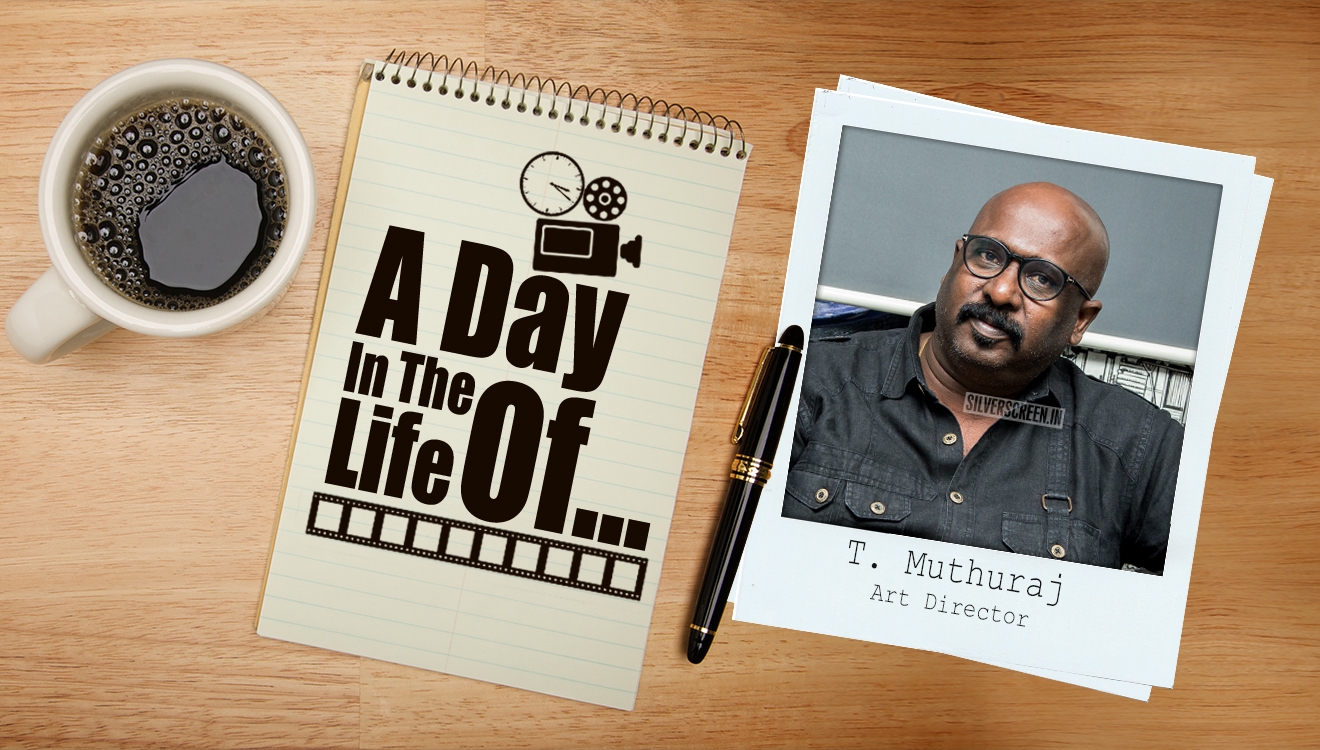Two working-class women and a modern college student navigate a male-dominated world in Aanum Pennum (Man and Woman), a Malayalam anthology film. The inner strength of the women and the choices they make stun their male counterparts. In Savithri, the woman has sworn to make the world a better place while the men around her, who live in an archaic world, cannot see beyond her body. In Raachiyamma, she represents a fierce sense of independence that men cannot fathom. In Rani, the woman walks past her timid lover, perhaps to freedom.
Despite its semi-arthouse look and a significant overall theme, Aanum Pennum comes across as a fragile work that does not realise the potential of its resources. The films are not held together by a rhythm. They lack warmth and are too contained to shake up the viewers.
By casting top-billed actors, the filmmakers have it easy to take the offbeat stories to the mainstream. The lengthiest of the three, Savithri, written by Santhosh Echikkanam and directed by Jay K, has the widest and the most embellished canvas. It is a period piece, set at the end of the 1940s. A young woman (Samyuktha Menon) flees after witnessing her house being torched by a mob in the middle of the night. The police are hot on her heels. She moves into a traditional Nair bungalow as a domestic help. The women in the family are meek witnesses to the misanthropic deeds of the men in their life. The head of the house (Joju George) and his younger brother (Vineeth Viswom) circle the young woman, enchanted by her beauty. But the woman has bigger plans on her mind. Her body is her weapon.
The narrative is built on a pile of clichés and Menon’s acting is disastrously flat in critical areas. But there are more glaring problems in the film’s formal language. It trains the audience to see things from the woman’s perspective from the beginning, but once the landlord enters the picture, the gaze turns brutally male. Every time he stares at her perversely, the audience is forced to participate in the act as the camera closely scans her body. Savithri undoes the fundamental idea behind this anthology.
A literary masterpiece doesn’t necessarily convert into a cinematic masterpiece. Cinematographer-director Venu’s Raachiyamma is a flat adaptation of writer Uroob’s splendid short story of the same title. Kutti Krishnan (Asif Ali), the new manager of a tea estate in Wayanad, falls in love with Raachiyamma (Parvathy), a sharp-tongued dairy farmer. She has a booming voice and casual demeanour that stirs up the air around her. She reciprocates his feelings, but the man, unable to find the courage to take the relationship forward, breaks her heart. In Uroob’s work, the woman is a motif of nature that disintegrates and reconstructs itself in a perpetual cycle, responding to the time. When Kutti Krishnan re-meets Raachiyamma next time after several years, he is intimidated by her wisdom and independence.
But the film is radically different from the text. Uroob’s gorgeous, rich description of the landscape means nothing to Venu who directs his attention solely towards the broad strokes of an abruptly-ended romance. The images are overtly sharp; the lush green landscape of Wayanad gets a grotesque digital coating.
Uroob’s Raachiyamma grasps a night of intimacy from him with a sense of urgency. In a sharp line, she expresses her worldview to him, “Aren’t we human beings? We are not made of clay!” In Venu’s altered version of the story, she embodies compassion and platonic love, but in the process, Venu’s Raachiyamma is without the gorgeous complexity Uroob weaved into his work.
Parvathy’s performance as the protagonist is cheerful and consistent but stagey to the extent that she hogs the entire frame instead of becoming a part of it. She brings a zing to the film but her body language is stiff. Asif Ali has come a long way, from a naive performer who did every character with the monotonous loudness to a specialist in underplaying.
Aashiq Abu’s Rani, written by Unni R, has several uproarious moments. A bed-ridden woman (Kaviyoor Ponnamma, in the most rebellious role she has done in decades) eggs on her husband (Nedumudi Venu) to give her the details of a salacious incident that he witnessed that afternoon. A young man (Roshan Mathew) begs his girlfriend (Darshana Rajendran) to cover her face using a scarf because he is scared of being judged by onlookers. She is the practical one in the relationship. He cannot think beyond his genitals.
Recommended
Rani isn’t really about the woman but her timid lover who gets a taste of the medicine the male-dominated world has, since ever, used to control women. When the tragedy strikes, he feels more powerless and terrified than the woman.
The film is constructed without concern for logic, as a build-up to its final image that is provocative and compelling. But among the three, Rani is the only film that harnesses the strengths of the short film medium.
*****
The Aanum Pennum review is a Silverscreen original article. It was not paid for or commissioned by anyone associated with the film. Silverscreenindia.com and its writers do not have any commercial relationship with movies that are reviewed on the site.



